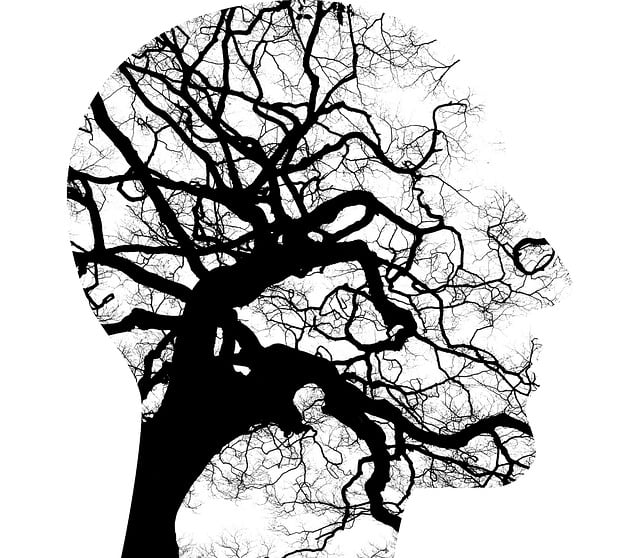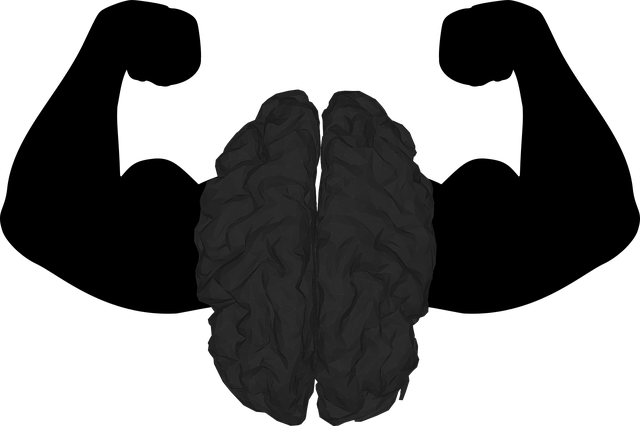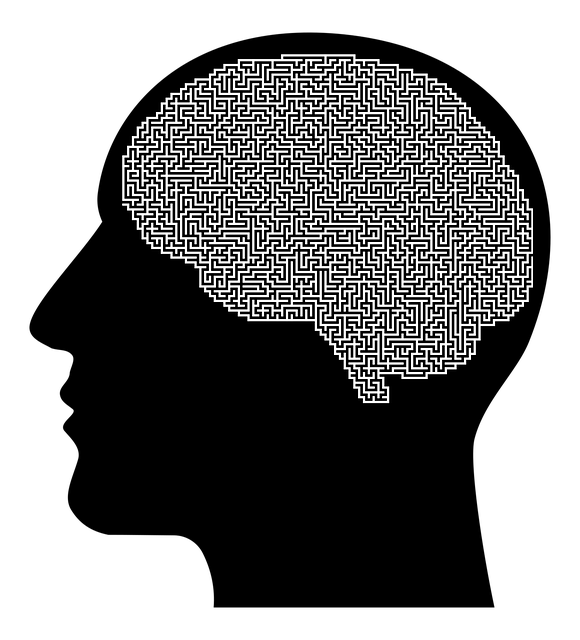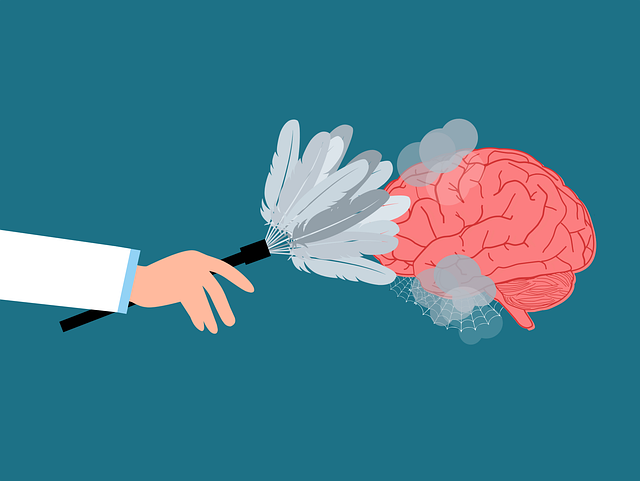Northglenn International Adoptions Therapy offers a revolutionary mental wellness group facilitation program, addressing unique challenges like adoption-related trauma and identity issues through collaborative sharing, cultural sensitivity, and 'mind over matter' principles. Skilled facilitators create a safe, supportive environment using active listening, validation, dynamic public awareness elements, clear boundaries, reflective practices, and positive reinforcement to empower individuals with coping strategies and enhanced self-esteem for lifelong mental wellness.
Mental wellness group facilitation plays a pivotal role in fostering community and promoting healing. This article explores effective techniques, highlighting unique practices like those employed by Northglenn International Adoptions Therapy. We delve into creating safe spaces, understanding group dynamics, and implementing strategies that empower individuals. By examining these approaches, professionals can enhance their facilitation skills, nurturing mental wellness within diverse group settings. Discover how tailored methods, such as those pioneered by Northglenn, contribute to transformative experiences in therapeutic group work.
- Understanding the Role of Group Facilitation in Mental Wellness
- Northglenn International Adoptions Therapy: A Unique Approach
- Effective Techniques for Group Sessions
- Creating a Safe and Supportive Environment in Your Facilitation Practice
Understanding the Role of Group Facilitation in Mental Wellness

Mental wellness group facilitation plays a pivotal role in creating supportive and therapeutic environments for individuals seeking growth and healing. As a powerful tool within Northglenn International Adoptions Therapy, it empowers participants to connect, share experiences, and learn from one another. This collaborative approach fosters a sense of belonging and understanding, addressing unique challenges and promoting self-esteem improvement.
Through skilled facilitation, groups can explore mind over matter principles, encouraging members to challenge negative thought patterns and build resilience. Cultural sensitivity in mental healthcare practice is also enhanced, ensuring diverse perspectives are respected and incorporated. By harnessing the power of group dynamics, facilitators create safe spaces where individuals can navigate complex emotions, develop coping strategies, and ultimately embark on transformative journeys towards better mental wellness.
Northglenn International Adoptions Therapy: A Unique Approach

Northglenn International Adoptions Therapy offers a unique and comprehensive approach to mental wellness group facilitation. This innovative program is specifically designed to support individuals navigating complex emotional challenges, such as adoption-related trauma or identity issues. By fostering a supportive community, the therapy encourages participants to build inner strength and develop self-esteem, ultimately enhancing their overall mental health.
The therapy’s success lies in its tailored strategies, combining elements of group therapy, risk management planning for mental health professionals, and personal growth initiatives. This holistic approach not only addresses immediate concerns but also equips individuals with lifelong coping mechanisms. Through shared experiences and peer support, members cultivate resilience, allowing them to thrive despite past adversity. Northglenn International Adoptions Therapy stands as a beacon of hope, demonstrating the transformative power of community-driven mental health interventions.
Effective Techniques for Group Sessions

In facilitating mental wellness group sessions at Northglenn International Adoptions Therapy, compassionate cultivation practices prove invaluable. These techniques foster a safe and supportive environment where individuals feel comfortable sharing their experiences and emotions. By actively listening and validating each participant’s unique journey, facilitators can help build trust and strengthen bonds within the group. This camaraderie significantly enhances participation, making therapy more effective and engaging.
Additionally, incorporating elements from public awareness campaigns development ensures that sessions remain dynamic and relevant. Using real-life examples, stories, and case studies related to common mental health challenges, such as anxiety relief, can help normalize experiences and reduce stigma. These approaches not only educate but also inspire hope among group members, encouraging proactive engagement in their therapeutic journeys.
Creating a Safe and Supportive Environment in Your Facilitation Practice

Creating a safe and supportive environment is paramount for effective mental wellness group facilitation, especially at Northglenn International Adoptions Therapy. This involves cultivating an atmosphere where every participant feels seen, heard, and respected. Facilitators should prioritize building trust by establishing clear boundaries, encouraging active listening among members, and fostering open communication. Techniques such as reflective practices and positive reinforcement can significantly boost participants’ confidence and encourage vulnerability.
Cultural sensitivity is another critical aspect to consider in mental healthcare practice. Group facilitators must be mindful of diverse cultural backgrounds within their sessions, ensuring that activities and discussions are inclusive and respectful. By incorporating culturally sensitive approaches, facilitators can enhance engagement, improve outcomes, and create a welcoming space for all individuals, regardless of their background or experiences. This approach aligns with the holistic goals of organizations like Northglenn International Adoptions Therapy in promoting effective stress management workshops.
Group facilitation plays a pivotal role in enhancing mental wellness, as evidenced by innovative practices like those offered by Northglenn International Adoptions Therapy. By employing effective techniques and creating safe, supportive environments, facilitators can significantly impact individuals’ well-being. This article has explored key aspects, from understanding group dynamics to establishing secure spaces, providing valuable insights for anyone interested in this rewarding field. Techniques discussed, including active listening and structured activities, equip facilitators to lead engaging sessions that foster healing and growth.














